


Chandani, 7 years old.
She was rescued from a village in West
Nepal in July, 2019.
The father who had been ill for a long
time, died leaving his wife and young children behind.
The
mother earns a living by collecting gravel, but she cannot feed
her children with the daily wage she gets.
After coming to
Gospel Home
Chandini started receiving loving care from the
staff and started attending school.
After the first semester,
she received a lot of A and A+ in the first grade report.
Chandani's
dream is to become a doctor and work for the poor. So that no one
needs to die because there are no doctors to go to, just like her
father.
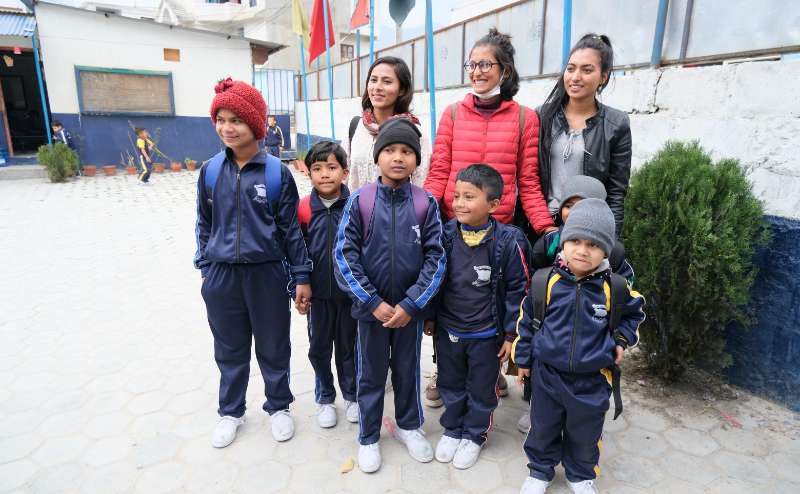
Established in 2019 in Kathmandu city, with the help of local
leaders.
Currently, seven children have been rescued from
villages and are living in the Home.
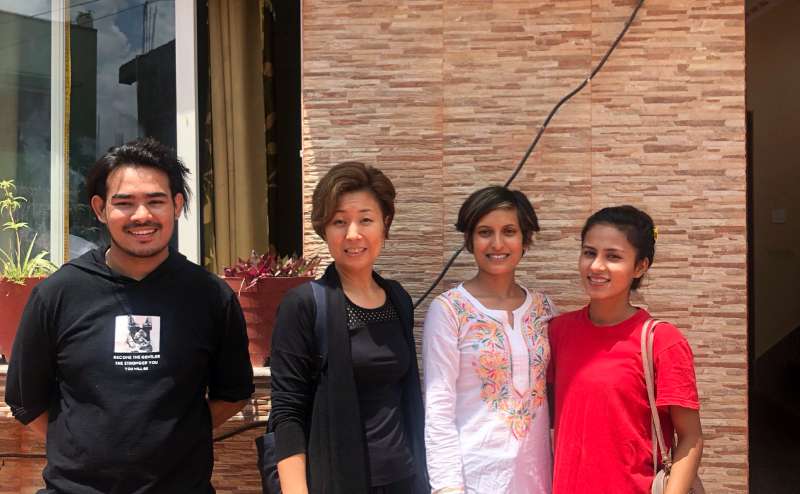
In addition to providing financial support for the Home, we also support the professional development of the staff, thus ensuring a smooth operation of the Home.
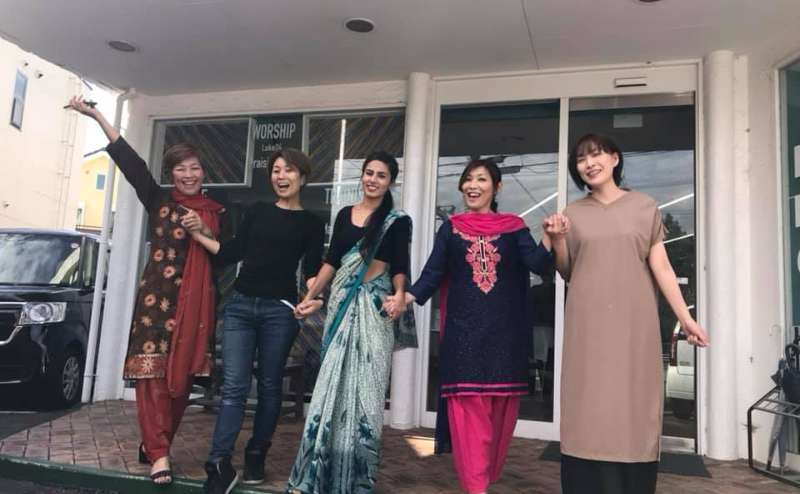
In order the make the dream of "I want to work in Japan" a reality, the kids are learning the Japanese language even in Kathmandu. Moreover, Esther Badi was able to spend a semester abroad, in Japan.
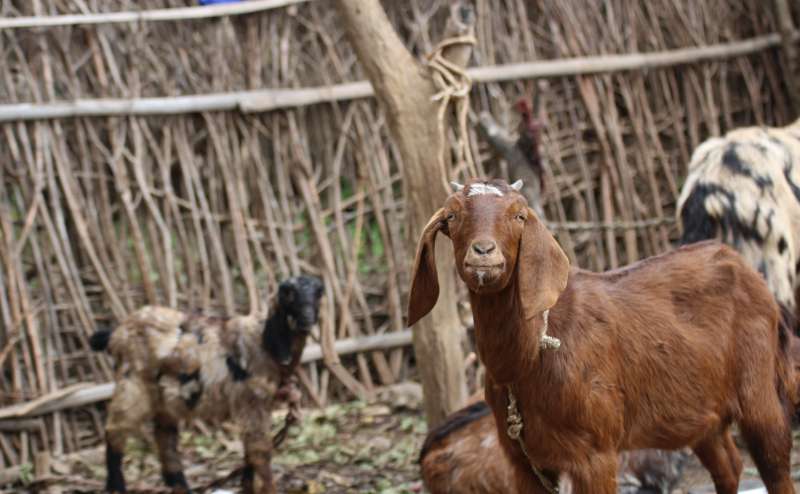
The Badi living in the villages in West Nepal can work only as day labourers and get sand-mining jobs, and as a result, are forced to live in poverty. If there is liquid income, it would be possible to live without the need to sell one's children. Given the urgency, a goat breeding project has been set up with the aim of providing for consistent income and a food supply.A pair of goats were sent to be bred in a village in western Nepal.
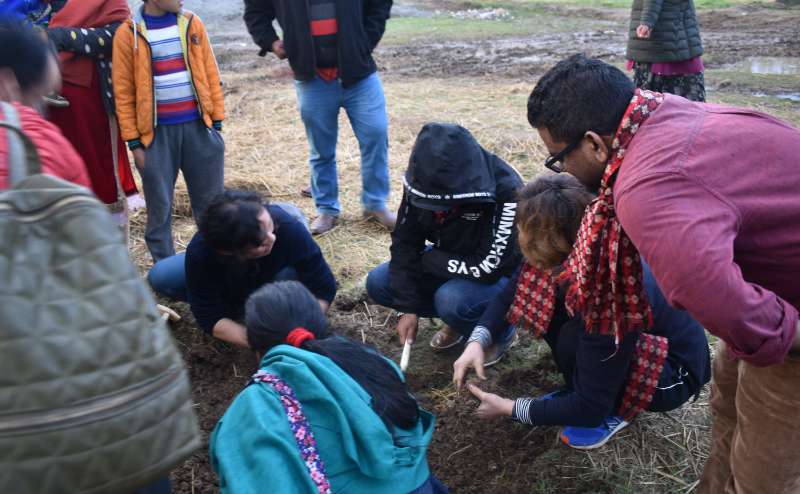
A farmland was aquired (under lease) for testing purposes in Surkhet, West Nepal, under the leadership of a local leader. Currently, we are trying to cultivate crops using natural and organic farming techniques.
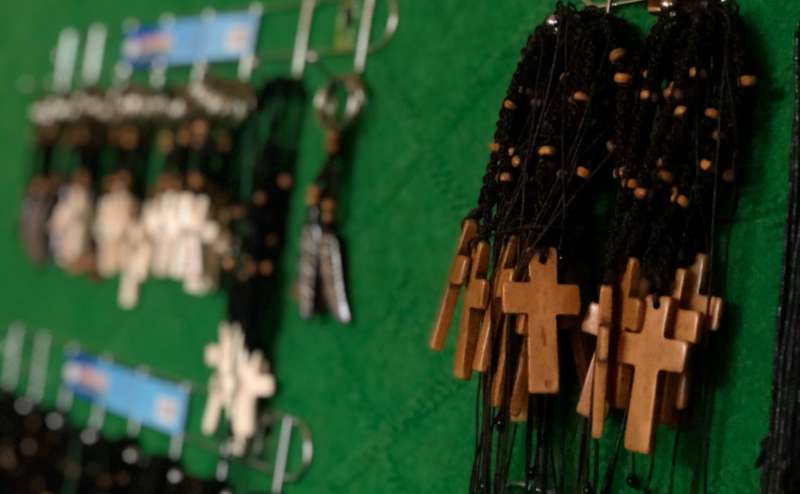
At a workshop in Kathmandu, jewelry accessories are being manufactured. They are imported into Japan and sold in the Japanese market in cooperation with Badi Cafe.
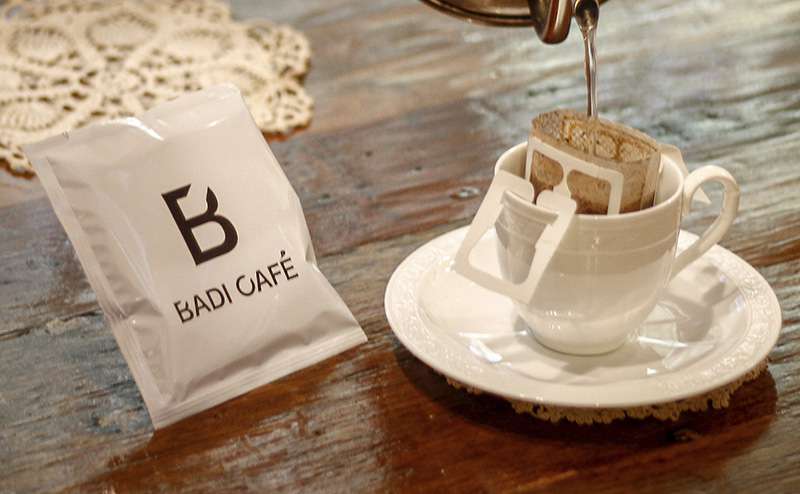
We buy coffee beans from Nepal, import and sell them in Japan in cooperation with Badi Cafe.
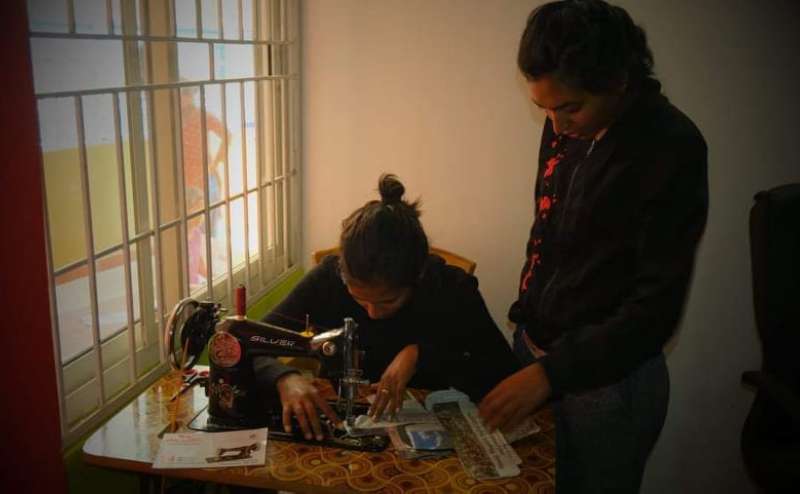
This is a big business that can start with just a small (sewing) machine. We manufacture textile products along with providing vocational training.
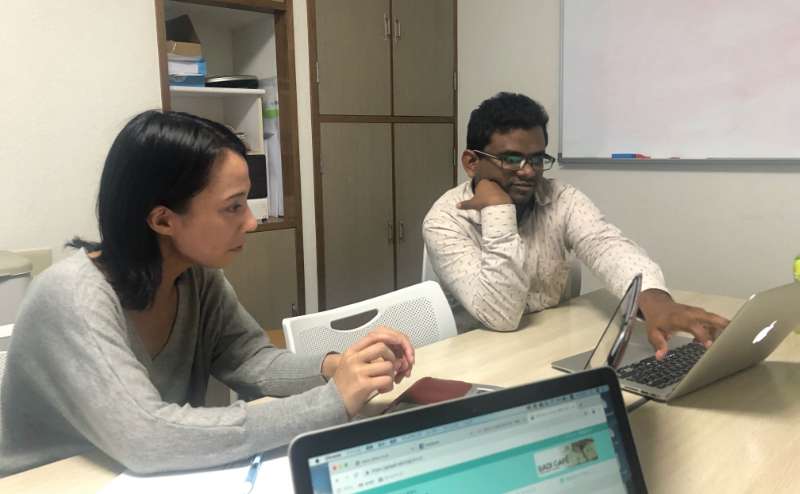
Gospel Aid is also working on website and mobile application
development.
In addition to providing vocational training using IT technology
in Nepal to pave the way for their financial independence, we
are also trying to raise colleagues to collaborate with.
We contribute to solving the issues of the Sustainable Development Goals (SDGs).
Nepal, a country located at the foot of the Himalayas. In this country, many women and children still live in environments where they do not have even the basic conditions necessary for a cultural life. Gospel Aid engages in projects that provide vocational training, job creation, and financial support for the education and upbringing of children for the socially vulnerable in Nepal, contributing to their independence and the enhancement of their basic human rights.
Our activities also contribute to achieving the Sustainable Development Goals (SDGs) set by the United Nations in Nepal. We introduce the issues and our contributions related to SDG Goal 4, "Quality Education for All," and Goal 5, "Achieve Gender Equality."
In Nepal, discriminatory treatment towards women and other socially vulnerable groups remains prevalent. According to the World Economic Forum's 2020 report on global gender gaps, Nepal's gender gap index ranks 101st out of 153 surveyed countries, a low position. This is due to the low achievement in educational opportunity indicators. The literacy rate, one such indicator, highlights the difficult situation in Nepal. The male literacy rate is 78.6%, while the female literacy rate is only 59.7%. The literacy rate gender ratio (female/male) is 0.76. Therefore, Nepal ranks 132nd out of 153 countries in the global literacy gender gap ranking, a very low position.
Where does this situation originate from? Firstly, we believe the root of this problem lies in the fact that primary education, which teaches reading and writing, has not reached the socially vulnerable. In fact, the gender gap in primary education enrollment in Nepal (female enrollment rate/male enrollment rate) is 0.87. This data suggests a significant correlation between the gap in primary education and the subsequent gap in literacy rates.
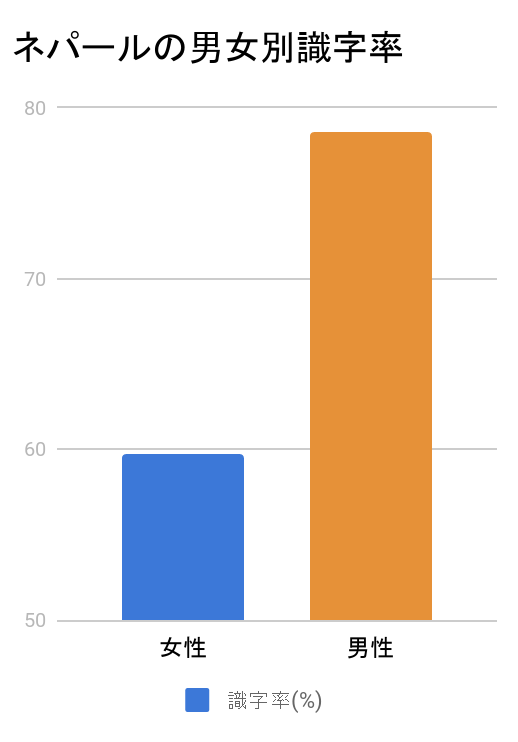
Secondly, many children in Nepal have been victims of the caste system. People from lower castes often lack the economic means to send their children to school. To make up for their economic shortcomings, children must help their parents' work or earn money themselves, being forced into child labor. Moreover, girls from lower castes are subjected to human trafficking, child marriage, and sexual exploitation, making them victims of their family's economic hardships. We believe this situation significantly deprives children, especially girls from lower castes, of the opportunity to receive primary education.
To provide support in this situation, Gospel Aid is active. In 2019, we rescued a 7-year-old girl forced into child labor in a village in western Nepal and brought her to the "Gospel Home" established in Kathmandu, providing her with the opportunity to attend school. She lives safely and is loved by the home staff. She learned the joy of learning and the importance of education from her first report card. We also rescued a wife and her three children abandoned by her husband in a rural area. They were lost in a harsh village where women are severely discriminated against. The mother works at the Gospel Home while raising her children, and the children have the opportunity to receive school education.
We will continue to deliver learning opportunities to children who are deprived of educational opportunities and work to improve the lives of women suffering from caste discrimination, customs, and misogyny. We will continue our efforts so that many abandoned people and children can be rescued, leading to the achievement of the SDGs goals of improving literacy rates, closing the gender gap in primary education enrollment, and ultimately bringing about a society free of status and gender discrimination in Nepal.
A missionary gave a shocking statement at a meeting.
"If you were born in Nepal and were born into the Badi
tribe,
you can't make a living unless you sell your
9-year-old daughter.
“I have to do something for these girls.”
I thought.
Because
at that time,
My eldest daughter was 9 years old.
“Sell this child?
No. I can never do that"
Just because they were born in a different place and into
different circumstances,
the Badi people are forced live in
this horrifying reality.
In order to change this reality in front of me
I have decided
to ask help from the Gospel music community that I was already
involved in.
We learn everyday in Gospel choirs.
That people who were once
being discriminated against
were able to change the society
with the power of the Gospel.
We started Gospel Aid with people who shared these values.
We
started supporting Badi with $5 every month.
We are thankful to our supporters.
With your help, we are now
able to support two new facilities.
One of the Badi people whom we have had supported till now, has stood up and started their own “Gospel Home”.
They are Rescuing and Raising Badi children. Also, they have started “Badi Sustain Private Ltd”, a workplace to create jobs and Restore Badi Lives.
This is just the beginning. I want to see what lies ahead for all of us, as we walk together.
Be a part of this great work and witness firsthand the day when all the Badi people shall live freely.
Gospel Aid Mika Sato
The path which brought us here
It was never so easy.
There is probably nothing that we could have done
if not for your help.
Mika Sato Representative, Gospel Aid